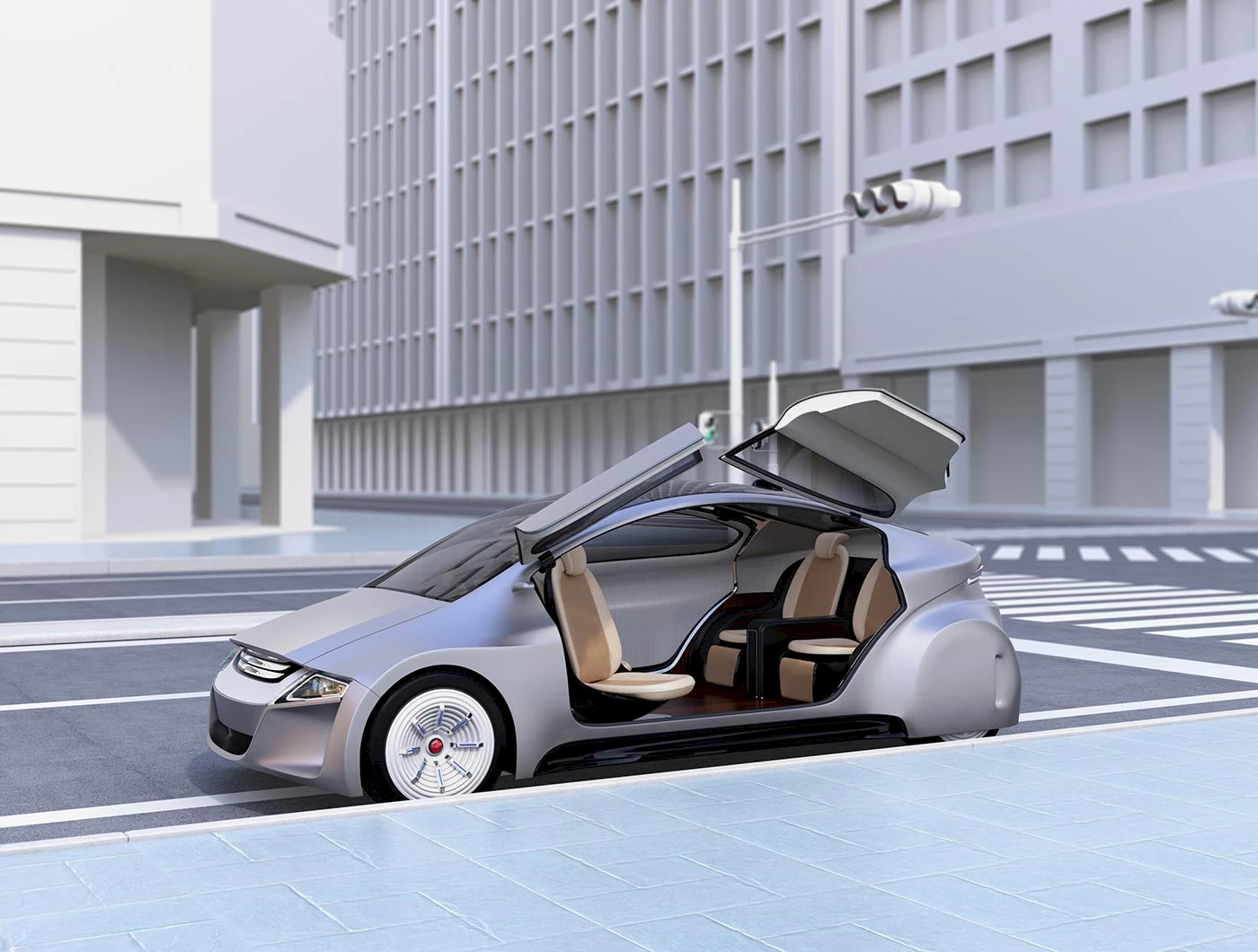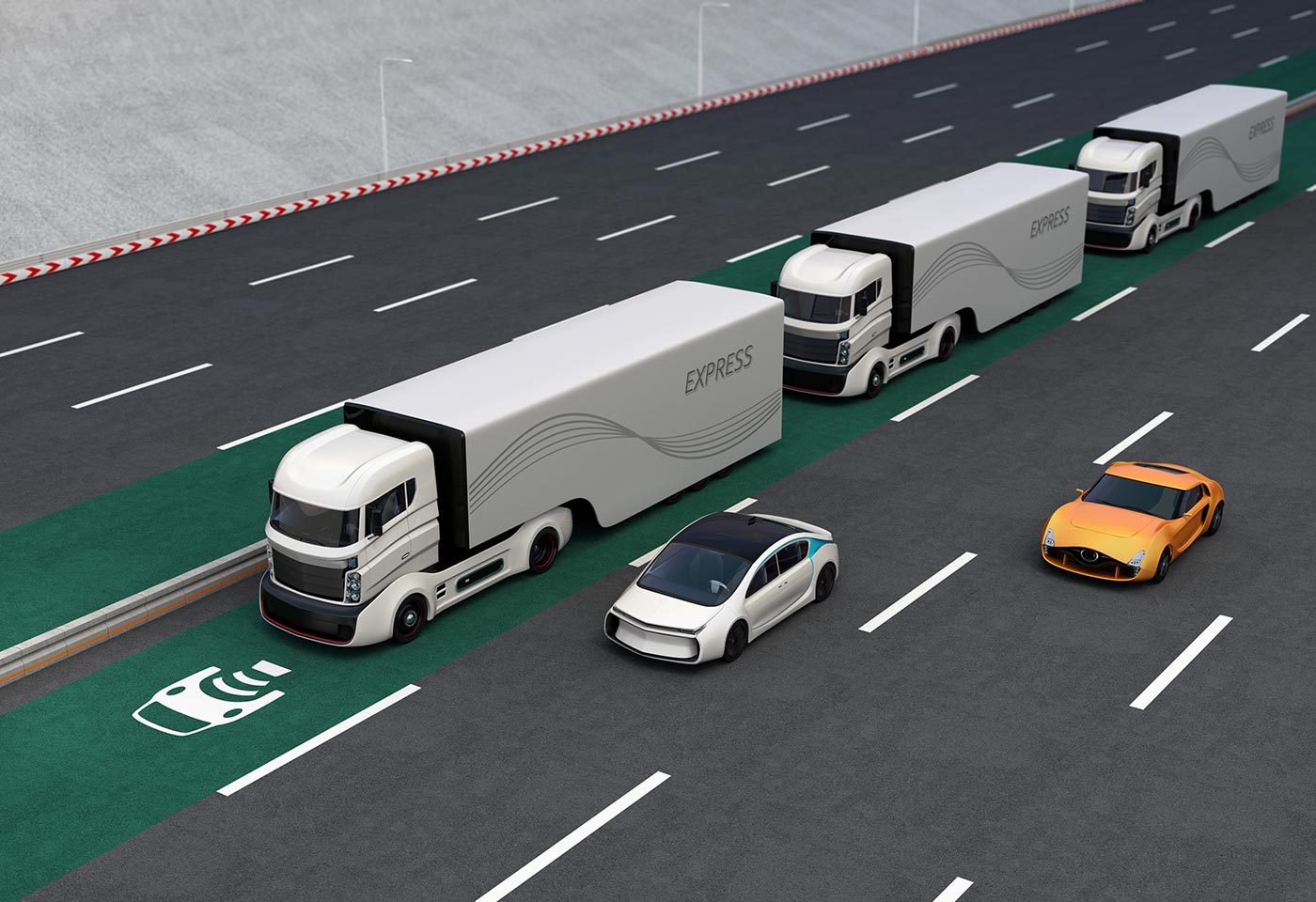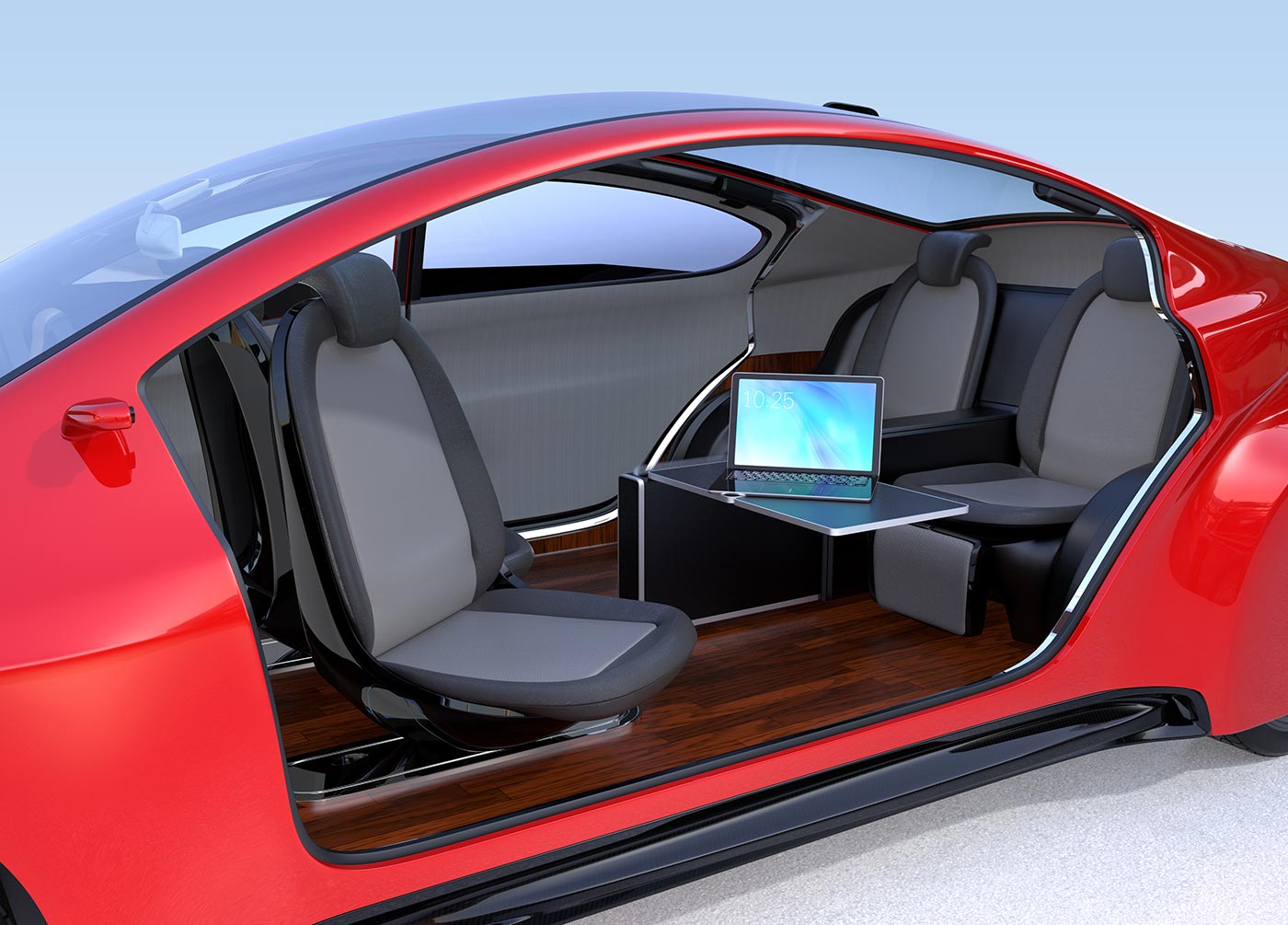The future of mobility as seen by Intel

How did they get to that figure? Well, Intel predicts that several trends will converge to open the way for universal autonomous transportation: increasing worldwide urbanization, the shift to on-demand urban transport (as in Uber), ever-growing technological capabilities and the mainstreaming of ultra-high-speed broadband connectivity.
Mobility as a service
Intel recently revealed the findings of its study on the potential of the fledgling industry of “Mobility-as-a-Service” (or “MaaS”). According to the study, by 2050, the transport economy will have three sides: MaaS for individuals, MaaS for businesses and new initiatives in autonomous transportation.
According to the Intel study, MaaS for individuals will come into its own with the emergence of new transportation behaviour patterns. For example, within a few decades, personal cars will be a thing of the past, as individuals shift to cheaper individual transport solutions. Indeed, Intel forecasters believe that individual transportation, rather than mass transit, will experience a transformation, which may be surprising at first, but actually makes sense.
Intel foresees a time when anyone will be able to request a driverless car at any time to quickly and efficiently take them anywhere. In fact, this is what Google is already testing in Arizona.

Autonomy saves time and money
Besides the substantial personal savings of not owning a car, on a global scale, autonomous vehicles will also provide the following benefits:
- Around 585,000 lives can be saved due to a significantly lower accident rate from 2035 to 2045;
- Over the same period, the drop in the number of accidents will lead to a 234 billion US dollar decrease in associated insurance and repairs costs;
- Finally, autonomous cars will save passengers over 250 million hours of commuting time a year in the world’s major cities, thanks to better traffic management.
According to the United Nations, over two-thirds of the world’s population will live in cities by 2050. Intel believes that the increasing concentration of the world’s population will lead to an increase in the cost of city living, forcing a large percentage of urbanites to spread out over far-flung suburbs, making public transit infrastructures ever-less economical and efficient.
The resulting mass commutes will draw people to autonomous vehicles, which are better at managing traffic. According to Intel, communications networks will be optimized by then, which, combined with a majority of autonomous vehicles on the road, will make traffic jams, accidents and other impediments to smooth traffic a thing of the past.

A revolution in the transport of goods
According to the same study, businesses will also capitalize on autonomous transportation, as the transportation of goods becomes driver-free thanks to smart trucks. In fact, the delivery industry can expect revenues of some 3 trillion dollars by 2050, or about 43% of all revenue generated by the autonomous vehicle economy.
Be it for local trips or long-distance deliveries in the agriculture and heavy industry sectors, MaaS autonomous transportation will address the worldwide shortage of long-haul truck drivers. In 2017, the United States was short some 200,000 truckers; all developed countries are experiencing a similar shortage.
New personalized transport services
Intel believes a culture shift will give rise to new business models in the passenger economy. The new cultural paradigm will involve the relinquishing of proprietary cars in favour of subscription models and specialized services, turning vehicles into business-sponsored “pods” offering products and services to passengers while in transit. For example, Hilton could offer “bedpods”, and McDonald’s, “mealpods”. And why not, if the vehicle drives itself?
This autonomy, powered by technologies currently in their infancy – GPS systems, electrification of transportation, machine learning, artificial intelligence – will allow cars, trucks and “pods” to run 24-7 to deliver goods, transport people, distribute packages, etc. In fact, the entire global economy will go into overdrive, thanks to a more intensive and better-distributed use of the road, and the abstraction of human driver-related constraints.
So, is Intel’s study indicative of a strategic vision, a utopia, or wishful thinking? Whatever the case, Intel has a vested interest in its scenario coming true, since last March’s purchase of Mobileye, an Israeli company specialized in developing vision systems for cars which, in partnership with BMW, should market an autonomous car as early as this year. But time will tell!

